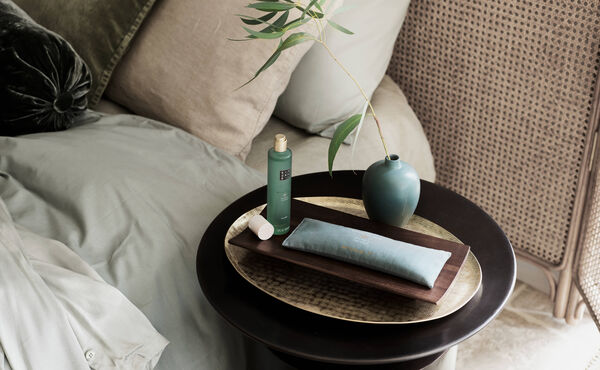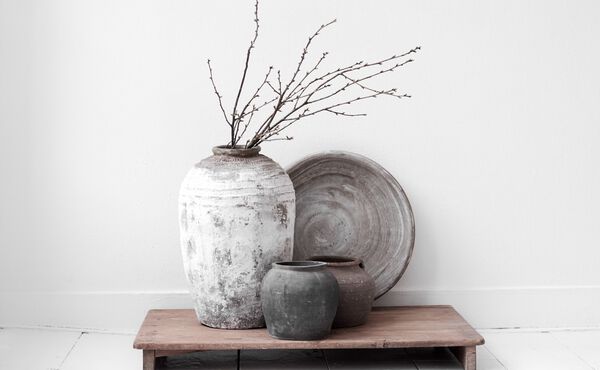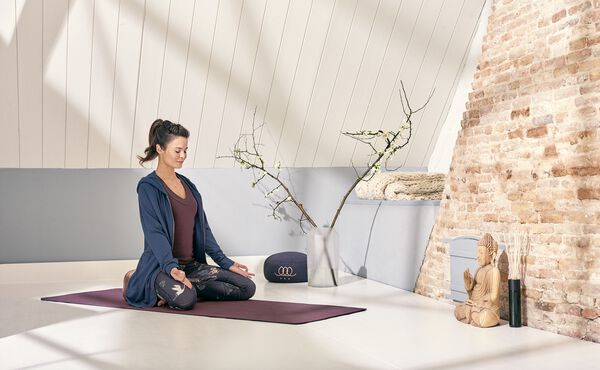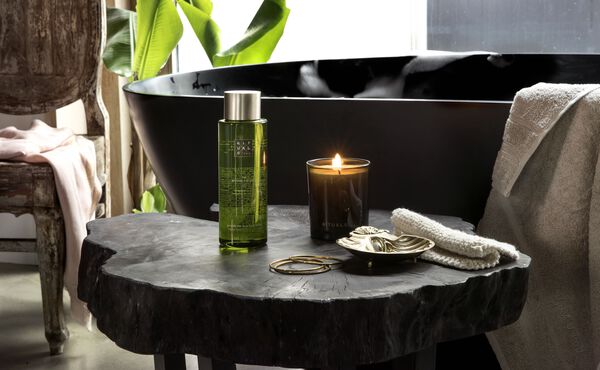There’s no place like home. It’s where you feel safest and the most free to be yourself, and the place where you experience many of life’s milestones. Because of this, it’s not surprising to think of your home as an extension or even a reflection of your inner self.
Think about it for a minute.
When you visit somebody’s house, it’s like taking a tour through their personality. You have one friend with boundless, chaotic energy. At her house, you need to clear off a surface before you can sit down. Another friend is the group organizer, but if you accidentally spill something on her pristine white couch, she might not invite you to the next dinner.
Your house is a mirror
Look around. What does your house say about you?
Do you have a lot of family photos on the walls? This means that personal relationships are a big part of your identity. Is your TV tucked away in a cabinet and your books prominently and neatly displayed? This suggests that you have a strong intellectual side and you prefer to be viewed that way. If you have a lot of houseplants, there’s a good chance you feel most at home in nature.
We influence our surroundings and in turn, they influence us. This is why home and living experts are always giving us advice about how to make our homes more peaceful—so that we can experience peace from within. But in fact, these experts are taking a cue from the ancient Chinese practice of feng shui.
Feng shui: art, science and magic for better flow
Feng shui, directly translated as “wind and water,” is a system for arranging your surroundings in harmony and balance with the natural world around you. By doing this, you encourage the free flow of chi (or energy) throughout your home. When you practice feng shui, you believe that all of the objects around you contain chi and that their placement in your home directly affects your emotions. According to expert Lucy Deslandes, it’s also something everybody should learn: “Feng Shui is a living skill. There’s an art to it. It’s scientific; it’s mathematical and at time’s it’s logical—with an element of magic.”
It’s all about balance
In order for your house to have good chi, five elements—fire, earth, metal, water and wood—need to be in balance. Each element has a corresponding shape and colour, and they all represent certain attributes. For example, if you’re feeling work anxiety, feng shui recommends that you install some sort of water feature, as water is a sign of inspiration and relaxation. When your living space can’t accommodate a fountain, a good alternative would be to paint an accent wall in blue, because this is the colour feng shui associates with water.
Unblocking your chi
According to feng shui, the secret to feeling happy and peaceful at home is to make sure your chi is free-flowing. Good feng shui means there are no areas of blockage: furniture is positioned in a way that if water were to flood your living room, it wouldn’t pool higher in certain places than others. The presence of long, straight lines is harsh and causes blocked chi, and a wall facing the front door is known as a “blocking wall.” Therefore, it should never be the focal point of any room.

Outer peace creates inner peace
When you practice feng shui, the outer harmony you create will produce a feeling of inner harmony. If your home is truly a reflection of yourself, why not make it as peaceful and relaxing as possible?
Think about this when you’re arranging your furniture or adding to your interior: your home is actually you. Make it the place where you feel like your best self.






.jpg?sw=600&sh=370&sm=fit&cx=0&cy=0&cw=5763&ch=3554&sfrm=jpg)
